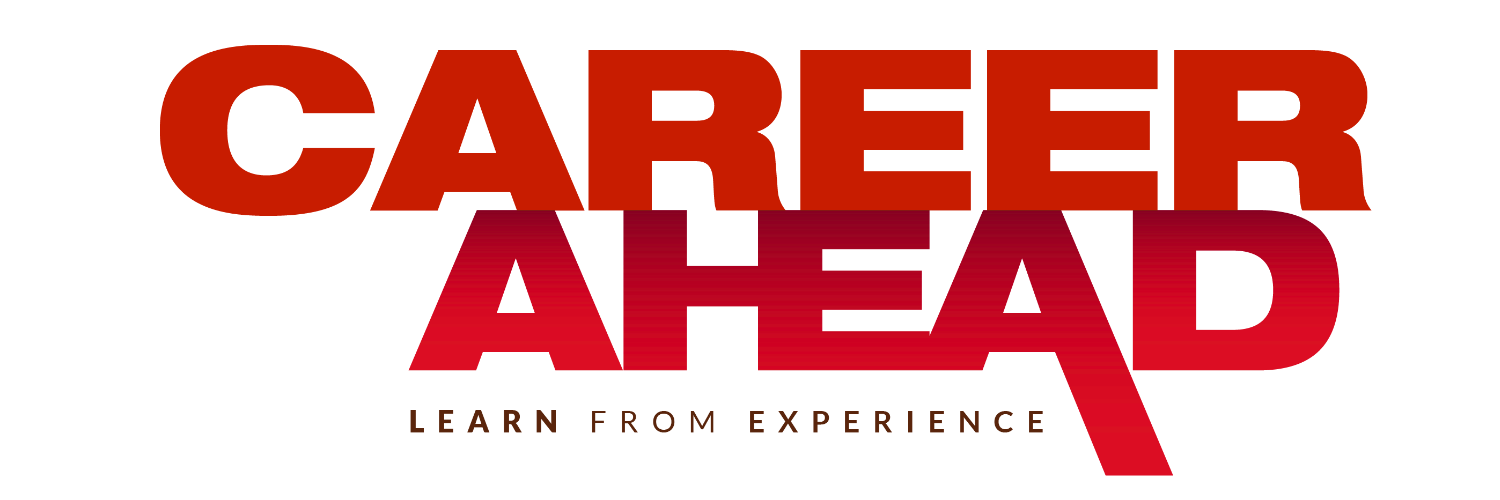No products in the cart.
10 Most Common Interview Questions and the Best Way to Answer
Are you heading out for an interview and want to make a lasting impression? Our ultimate guide provides the best answers to the 10 most common interview questions. Learn how to showcase your strengths, address weaknesses, and handle challenging situations with confidence. Impress interviewers by aligning your goals with the company's vision and demonstrating your problem-solving skills. Prepare yourself to excel in any interview scenario and increase your chances of landing your desired job.
Heading out for an interview? Prepare yourself by reading through our list of the 10 most frequently asked interview questions and the best way you can answer them.
No matter what the profile, there are a few questions that always come around in interviews! These are questions that allow the employer to gauge your general personality – what kind of colleague you will make, whether you are a team player or not, how you face problems at the workplace, how you deal with conflict and stressful deadlines, and other such valuable information. In the list below, we delve into the top 10 common questions and what the interviewer is looking for in your answers.
Have a read to shape your answers in a way that gives interviewers the information they need, while also creating a favorable impression!
Q1 Tell me about yourself.
Usually the opening question, this one allows the interviewer to break the ice while getting to know more about you and your background. It also provides an opportunity to hear you speak and evaluate your confidence level. Your response should include points from your background (relevant education or experience/skills) that make you better qualified for the job at hand. This is an easy one to practice before any interview! It might be helpful to list a few points and rehearse what you plan to say.
Q2 What are your strengths?
With this question, the interviewer is trying to assess your level of self-awareness while also gauging the skills/qualities that you bring to the table. Try to focus on qualities that are useful for the specific profile you are applying for and provide examples of past experiences that demonstrate these qualities, if possible.
Q3 What is your biggest weakness?
This question is aimed at judging whether you acknowledge aspects of your personality that need improvement. It is good to admit to a genuine concern you have about your personal development (this could also be related to technical skills), while, at the same time, sharing what steps you are taking to improve in that area. This approach also reveals that you are committed to self-improvement and continuous learning.
Q4 Why are you interested in this profile / in working with this company?
The answer to this question shows the amount of research and effort you have put in before appearing for the interview – basically, the interviewer is trying to see how invested you are in getting this job. Make sure you are aware of the company’s history and values, and how you feel they align with yours, and include this in your answer. Also try to share how working there would line up with your long-term career goals.
Q5 Tell us about a time when you faced a challenge, and how you dealt with it.
This question is aimed at determining how you deal with difficult situations and assessing your problem-solving skills. Decide beforehand on a difficult situation you faced in the past, and how you dealt with it, and try to highlight the positive outcome; or, if there was no positive outcome, discuss the lessons you learned.
Q6 Why do you wish to leave your current job?
The reason why you are looking for a change provides insight into your job history. It’s best, to be honest in your answer while maintaining a diplomatic stance. Focus on positive aspects such as a desire for growth, looking for a better fit with company culture, and seeking new challenges. Avoid criticizing your current or previous employers.
Q7 Share an instance where you displayed leadership/creativity/problem-solving skills.
This kind of question aims to assess your abilities as an individual and how you apply them to real-world situations. Again, this is a question that you can easily prepare for in advance. Pick out incidences that highlight your accomplishments and display how you faced challenges and overcame them in your previous roles, or even in general real-life situations you have handled.
Q8 How do you handle work pressure?
This question aims to assess your time-management, problem-solving, and prioritization skills. As you answer, try to provide examples from your past that highlight these qualities. Emphasize your capability to handle stressful situations and meet deadlines effectively.
Q9 How would you handle conflicts or differences of opinion with clients/colleagues?
Employers are keen to judge a candidate’s interpersonal skills and their ability to work well with others. You would be expected to describe how you resolved a situation where you and your colleagues or client had a difference of opinion. Highlight your ability to maintain professionalism in the face of difficult discussions and your capacity to work towards a mutually beneficial solution.
Q10 Where do you see yourself in 5/10 years?
The answer to this reveals how farsighted the candidate is, and whether they have long-term plans in place. Also, with this question, the employer attempts to judge whether your personal goals align with those of the company and the position you are interested in. While answering, share how you feel your personal ambitions and motivations align with the company’s values and vision. This helps to demonstrate your commitment and potential long-term value.
While these are a few of the commonly asked questions in interviews, remember that there will be other questions related to the specific industry, job profile, company culture, and so forth. When preparing for an interview, one should be fully aware of the company’s background and job description. Make sure you are ready with your answers to questions on the skills, experience, and other specifics required for the position. Practicing your responses helps ensure that you will be able to communicate them clearly and stand out as a strong candidate for the position. Good luck!
Author
-

Career Ahead, the flagship handle of Career Ahead Magazine, is dedicated to molding the next generation of professionals and entrepreneurs. Our mission is to educate and inspire today's ambitious minds to become the icons of tomorrow. As the ultimate tool and resource, we cater to young students, budding entrepreneurs, and innovative startups, providing them with the knowledge and inspiration needed to navigate their paths to success. Through in-depth articles, insightful analysis, and inspiring stories, Career Ahead empowers its readers to forge their futures in the ever-evolving world of work and enterprise.
View all posts












